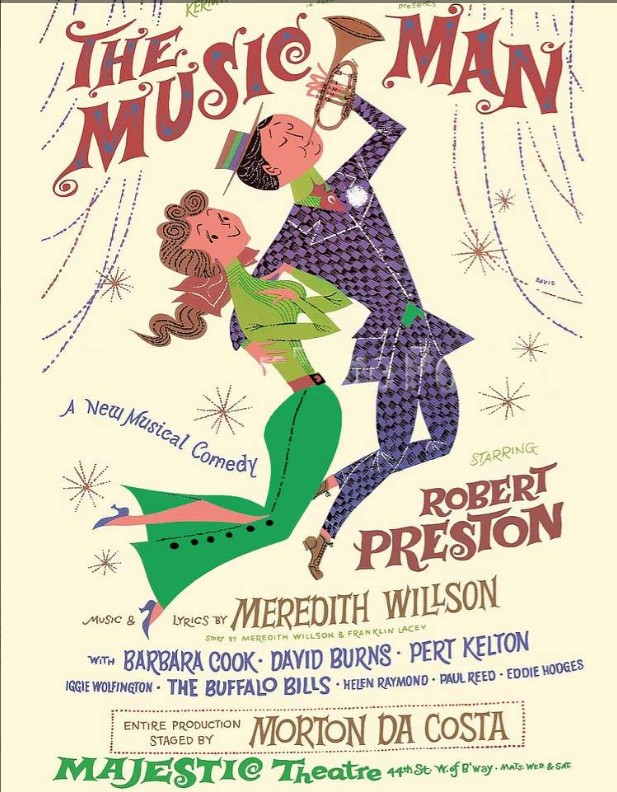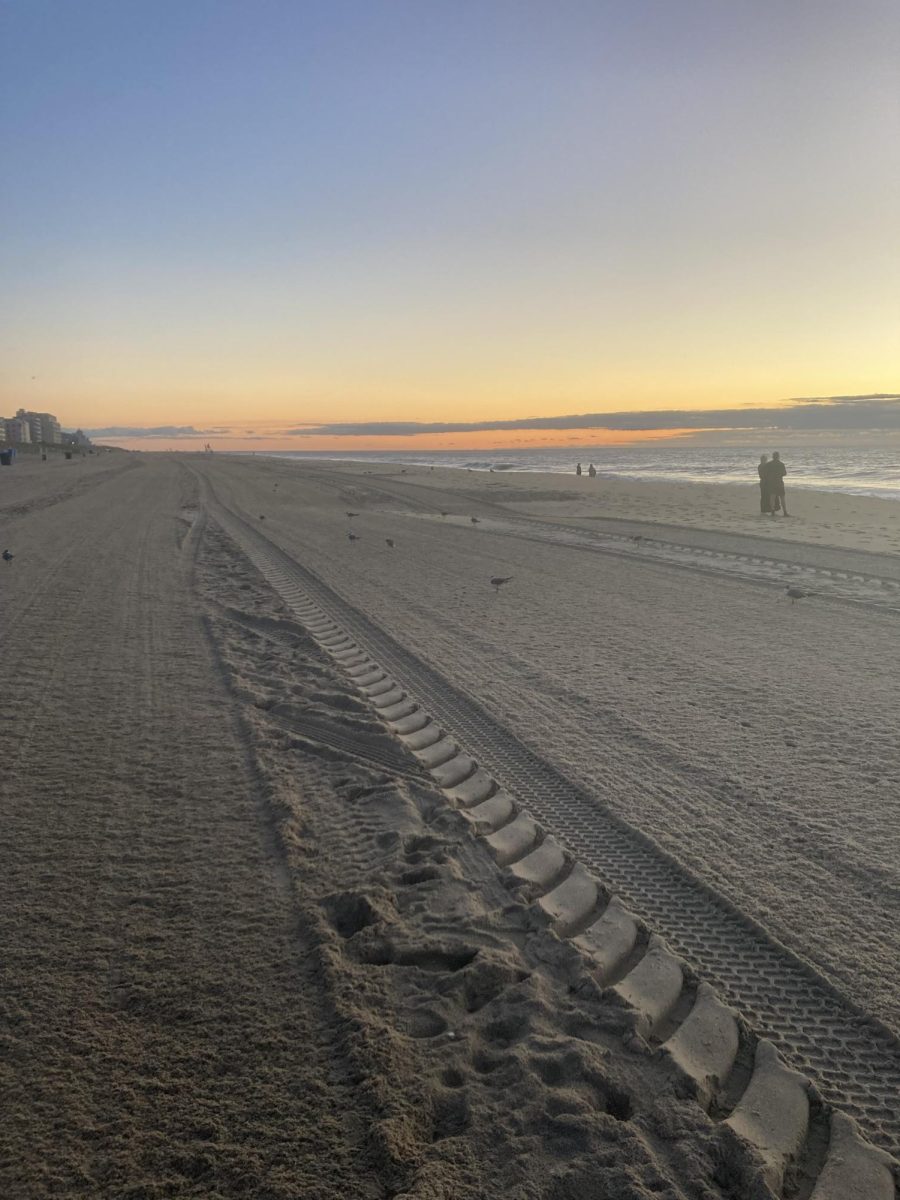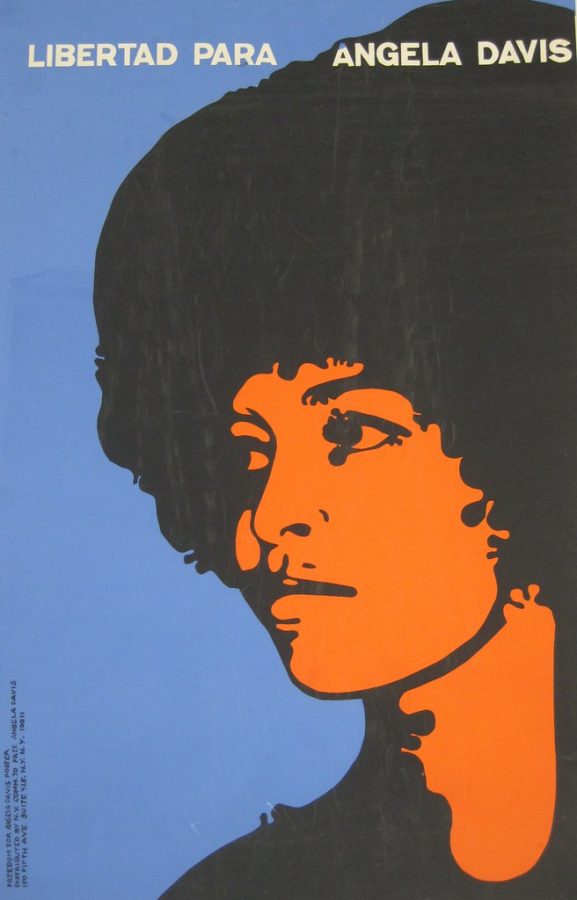Angela Yvonne Davis
A prominent figure in 20th century and 21st century American history is examined by junior Anna Winslow in the wake of Black History Month
March 5, 2021
Angela Yvonne Davis is an activist, scholar, and writer who advocates for the oppressed.
Born on Jan. 26, 1944, in Birmingham, Alabama, Davis , unlike most African Americans, grew up in a middle-class neighborhood called “Dynamite Hill.” This neighborhood contained many blown-up African American homes because of the Ku Klux Klan, according to Biography. Her father owned a service station while her mother taught elementary school and was an active member of the NAACP. Davis attended Carrie A. Tuggle School, which had battered textbooks and dilapidated buildings. This was typical for many black-only schools around the 1950s, according to Encyclopedia of Alabama. Davis became eager to leave Birmingham and earned a scholarship in 1959 to study at Elizabeth Irwin High School in New York City. She later then attended Brandeis University on a scholarship to study French literature. She decided to study abroad at the University of Paris.
While studying in Paris, Davis received information about the bombing of the Sixteenth Street Baptist Church in Birmingham, according to FemBio. This bombing killed four girls :friends of the Davis family. After grieving and returning to the United States, Davis attended the University of California, San Diego as a graduate student. While gaining an education, Angela joined several groups, including the Black Panthers. However, she spent most of her time working with the Che-Lumumba Club, which was an all-black branch of the Communist Party, according to Biography.
Davis’ life took a drastic turn when she began teaching at the University of California, Los Angeles. She ran into trouble with her administration because she associated with communism. They ended up firing her but she eventually gained her job back after going to court. She left her contract in1970, according to FemBio.
In that same year, Davis became a strong supporter of three prison inmates of Soledad Prison, according to Biography. The three were known as the “Soledad Brothers.” The three men, John W. Chluchette, Fleeta Drumgo, and George Lester Jackson, were accused of killing a prison guard after several African American inmates had been killed in a fight by another guard. During Jackson’s trial, an attempted escape was made and that resulted in many in the courtroom being killed. Davis was brought up on several charges, including murder. The gun used was registered under her name and she reportedly had a love for Jackson. She spent roughly 18 months in jail but was let go in June 1972. She later wrote several books including Women, Race, and Class (1981) and Are Prisons Obsolete (2003), according to Biography.
Sources:
“Angela Davis.” Biography.com, A&E Networks Television, 15 Jan. 2020, www.biography.com/activist/angela-davis.
“Angela Davis.” Encyclopedia of Alabama, www.encyclopediaofalabama.org/article/h-1427.
Horsely, Katherine E. “Angela Davis.” Deutsche Website, www.fembio.org/english/biography.php/woman/biography/angela-davis/.
“ANGELA DAVIS Timeline.” Timetoast, 26 Jan. 1944, www.timetoast.com/timelines/angela-davis.




















